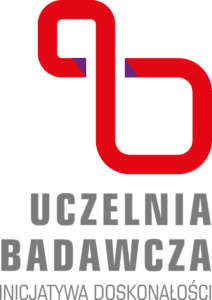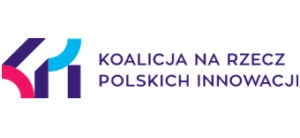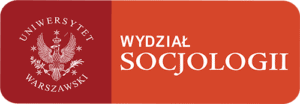The aim of the project was to analyse normative patterns of motherhood and its visual representations, as well as dominant maternal discourses on Instagram. The theoretical framework and methodological inspiration for the study was the concept of displaying families by Janet Finch, which is rooted in the paradigm of practice theory and assumes the imperative of demonstrating familyhoodin the process of its «production» and obtaining social legitimacy.
In this study, I conducted a qualitative content analysis with semiotic elements to analyze the 100 most popular images out of 1,724 photographs published by a selection of ten popular parenting influencers – Instamothers – over a period of six months. In order to select the sample, for five days, from 30 March to 3 April 2020, I observed selected hashtagsused by Instamatches on Instagram. Of the profiles that posted at least one photo tagged with at least one selected hashtagduring the observation period, I selected the ten most popular, excluding profiles of celebrities and public figures known for their activities other than in the social media space. Next, all the photographs available on the selected profiles, which were posted six months back, were coded according to the date of publication, the number of likes and comments, and the people depicted. In this way, I collected 1724 photographs, from among which I selected the 10 most popular ones from each profile, and the selected hundred photographs were subjected to qualitative analysis with elements of semiology.
The way of selecting the sample resulted from using the concept of displaying families also as a methodological inspiration. I assumed, in accordance with the assumptions of this concept, that the effectiveness of displaying depends on socially recognised meanings ascribed to the demonstrated practices, and thus the reaction they evoke in observers plays an important role in this process. I assumed that the most popular Instamothers, being successful, expressed in the number of likes and followers of their profiles, conduct effective displaying of their maternal practices, i.e. they demonstrate motherhood according to normative patterns, and that the images that arouse the greatest approval of Instagram users present the most dominant images of motherhood (hence the methodological decision to analyse the photographs with the highest number of likes).
The study conducted in this way does not, of course, allow us to answer the question of what motherhood of Instamothersactually looks like. The theoretical perspective adopted, however, made it possible to look at the collected photographs from a broader perspective – through the prism of the meanings they produce and reproduce and the dominant discourses in which they are entangled. Three main conclusions emerge from the study. Firstly, the displayingof popular Instamotherswas strongly correlated with normative external factors, such as the family model in which motherhood is realised (the traditional heteronormative family model dominated here), or the way in which other roles were played out in the family (e.g. the role of the father). Secondly, the collected material indicates the reproduction of the traditional division of roles in the family (both at the level of representations of parents and children) and the reproduction of gender stereotypes. Thirdly, the vision of motherhood presented by Instamothersas the central point in a woman’s life, being a source of joy and fulfilment despite difficulties, to some extent fits the figure of the Polish Mother, with simultaneous imposition of new pressures on mothers connected with the pursuit of perfectfulfilment of this role, including taking care of home space arrangement and physical attractiveness.










